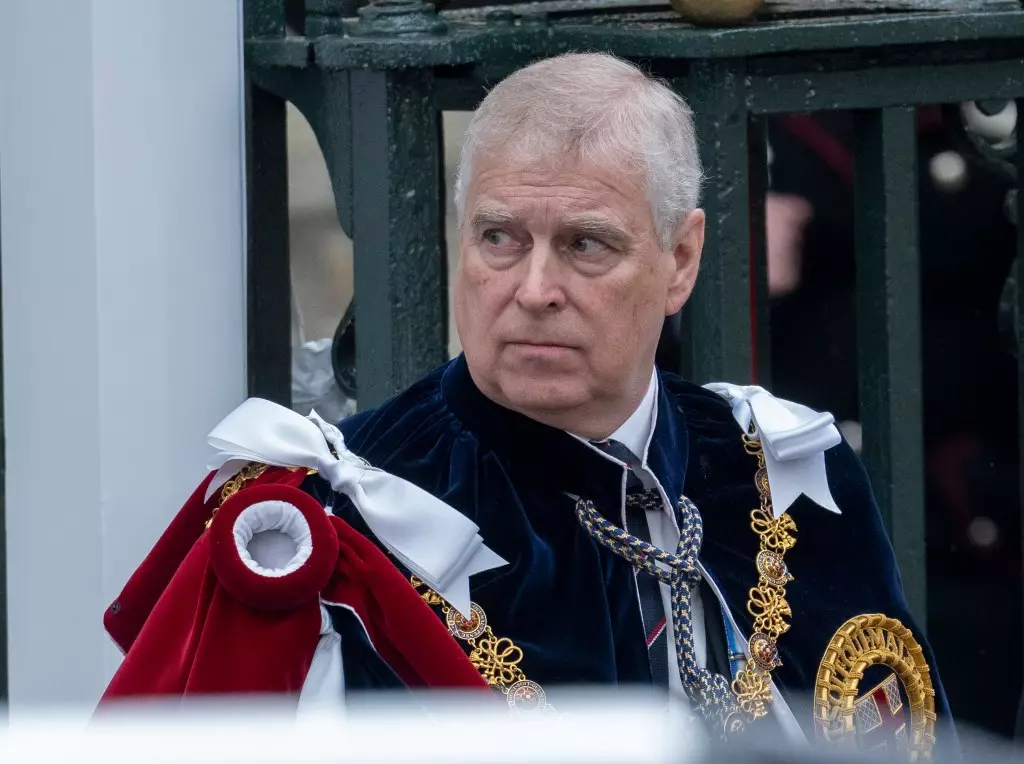Recent court documents have shed new light on the controversial friendship between Prince Andrew and the late Jeffrey Epstein, raising serious questions about the prince’s previous claims regarding their communication. In a 2019 interview with the BBC’s Newsnight, Prince Andrew made a strong denial of any continued contact with Epstein following their last meeting in December 2010. He emphasized that he had cut ties with the disgraced financier. However, the newly surfaced evidence contradicts this assertion, indicating that the prince engaged in friendly correspondence with Epstein well into 2011.
The documents in question were part of a legal dispute involving the Financial Conduct Authority (FCA) and banker Jes Staley, who has his own connections to Epstein. Among the emails released, one particularly striking message from Prince Andrew to Epstein is dated February 2011, in which he suggests, “Keep in close touch and we’ll play some more soon!” This revelation starkly contrasts Andrew’s public statements and provides a compelling narrative of denial and evasion regarding his associations with Epstein.
The fallout from Andrew’s ill-fated BBC interview has been severe. Many observers criticized his demeanor and lack of remorse over his association with Epstein, particularly in light of Epstein’s criminal history. The backlash was significant enough that Queen Elizabeth II reportedly advised her son to take a step back from royal duties, which suggests the monarchy was deeply concerned about the reputational damage stemming from Andrew’s choices.
The revelations from the court documents highlight not only Prince Andrew’s personal failings but also raise broader questions about accountability among powerful figures. The prince’s attempt to distance himself from Epstein appears increasingly disingenuous, as the correspondence reveals a willingness to maintain a friendly rapport with someone embroiled in serious legal and moral controversies. This dynamic opens discussions about the transparency required from public figures who find themselves entangled in such scandalous relationships.
As the public reflects on Prince Andrew’s ongoing saga, the implications reach beyond the individual and enter the realm of institutional integrity. The monarchy, as an institution, relies heavily on public trust; thus, any hint of scandal involving members can erode confidence in the entire royal family. Andrew’s documented communications with Epstein may not only tarnish his own legacy but also complicate the image of the monarchy as a whole, suggesting a detached and insulated elite that appears out of touch with the moral standards expected of the rest of society.
These revelations serve as a cautionary tale about the importance of honesty and transparency, especially for those in positions of privilege and power. As society increasingly demands accountability, it remains essential for public figures to understand the impact of their actions—not merely on their personal reputations but also on the institutions they represent. For Prince Andrew, the echoes of his past decisions continue to resonate, as new information perpetually challenges his narrative and complicates the monarchy’s quest for rehabilitation in the public eye.
